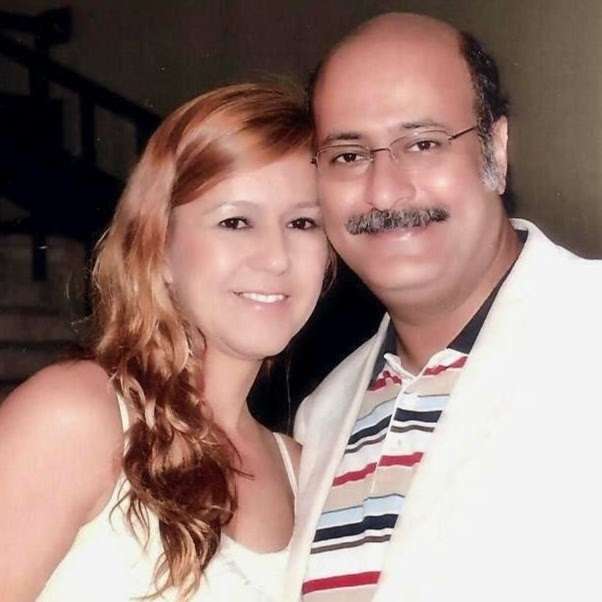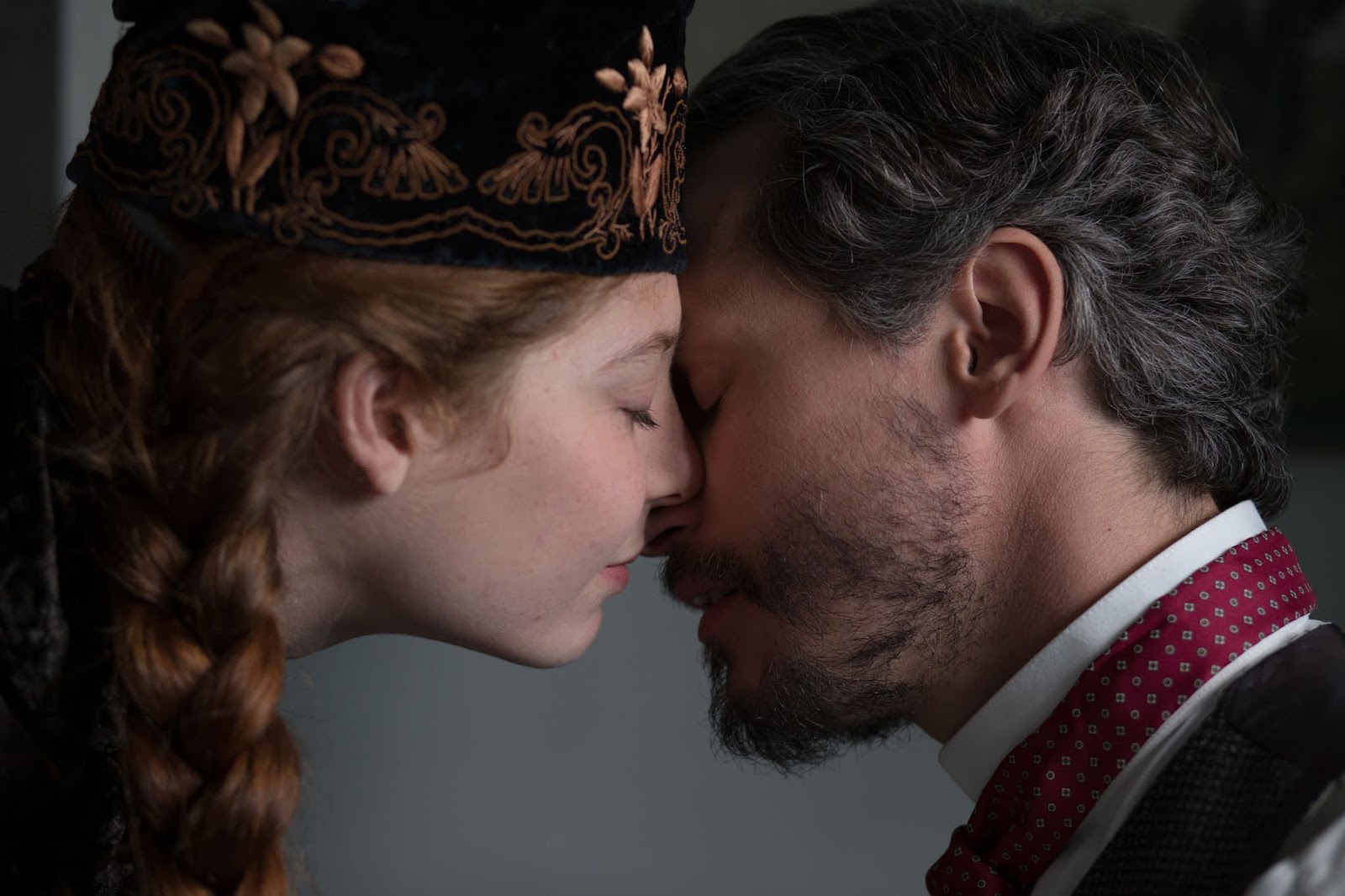by Sherif Awad
On April 28, international cinema have lost one of the leading French filmmakers, the 69 years-old René Féret, who was known for directing 19 features and also producing for himself and for others since the year 1975. Féret, who was also trained as an actor during his youth at the school of the National Theatre of Strasbourg, was also a member of Vincent Jourdheuil Theatrical Troupe. When he moved behind the camera as a screenwriter and director, Féret developed a reputation for being an outsider who is realizing his projects away from the usual system and without much money or big stars. He was also known for his revival of historical characters. In 2010, his own daughter, actress Marie Féret played the title character Nannerl in Mozart’s Sister that depicted the early life of the elder sister of the great composer whose talents were overshadowed by his rising to fame. Last March also saw the Parisian release of René Féret’s last completed film, Anton Tchékhov 1890 in which French actor Nicolas Giraud plays the title role of the Russian great writer Anton Chekov during his beginnings in that particular year when he used to practice medicine while writing short stories in newspapers under the name of Antocha Tchékhonté as an extra work to support his family. As contemporary editors and writers like Leo Tolstoy started to be aware of his talents, Chekhov gets the Pushkin price and also starts an affair with a young Lika Mizinova (Jenna Thiam) although she was married to another rich man. Taking extra knowledge through rereading the work of his younger brother Mikhail who studied criminal law and prison life in the Russian empire, Chekhov was driven to undertake a journey to the Russian Far East of Siberia and Sakhalin Island to discover the realities of prisoners in these isolated provinces. However, the relatively short running time of the film (around 96 minutes) doesn’t do justice to the importance and impact of this journey on the later phase life and works of Chekhov. In fact, Chekhov stayed three months on the island where he visited many prisoners, except the political ones, after receiving the necessary permits. He also treated the sick prisoners while conversing with them. These encounters lead to the creation of many characters appearing in Chekhov’s short stories and plays that came out later On. While making the film, René Féret also saw some parallels between Chekhov and himself: Féret’s father died of cancer while he was acting in Strasbourg and Chekhov’s brother died of tuberculoses, which made him feeling useless as an artist and a as a doctor. Féret was subjected to that same feeling when he was a young man and wished he was a doctor to save or to try to save his father. At that time, Féret collapsed and ended up in a psychiatric hospital, suffering from a profound autism. His doctors predicted he will never come back to normal.
Féret was then reborn as a filmmaker who creates moving images, fictitious yet inspired by personal memories and autobiographical mixture. When his directorial debut The Story of Paul (1975) got a prize, Féret was greeted by François Truffaut in the elevator which was similar to the acclaim that Chekhov received by another great writer Leo Tolstoy. Féret shows this in one scene of the movie and also reflects how the love of Lika Mizinova gave Chekhov the inspiration to create strong female characters, libertine, rich and beautiful.
We hope to see Anton Tchékhov 1890 playing in US cinemas or festivals soon along with a retrospective of some selected films made by René Féret during his career of 40 years as a director, producer and actor.

